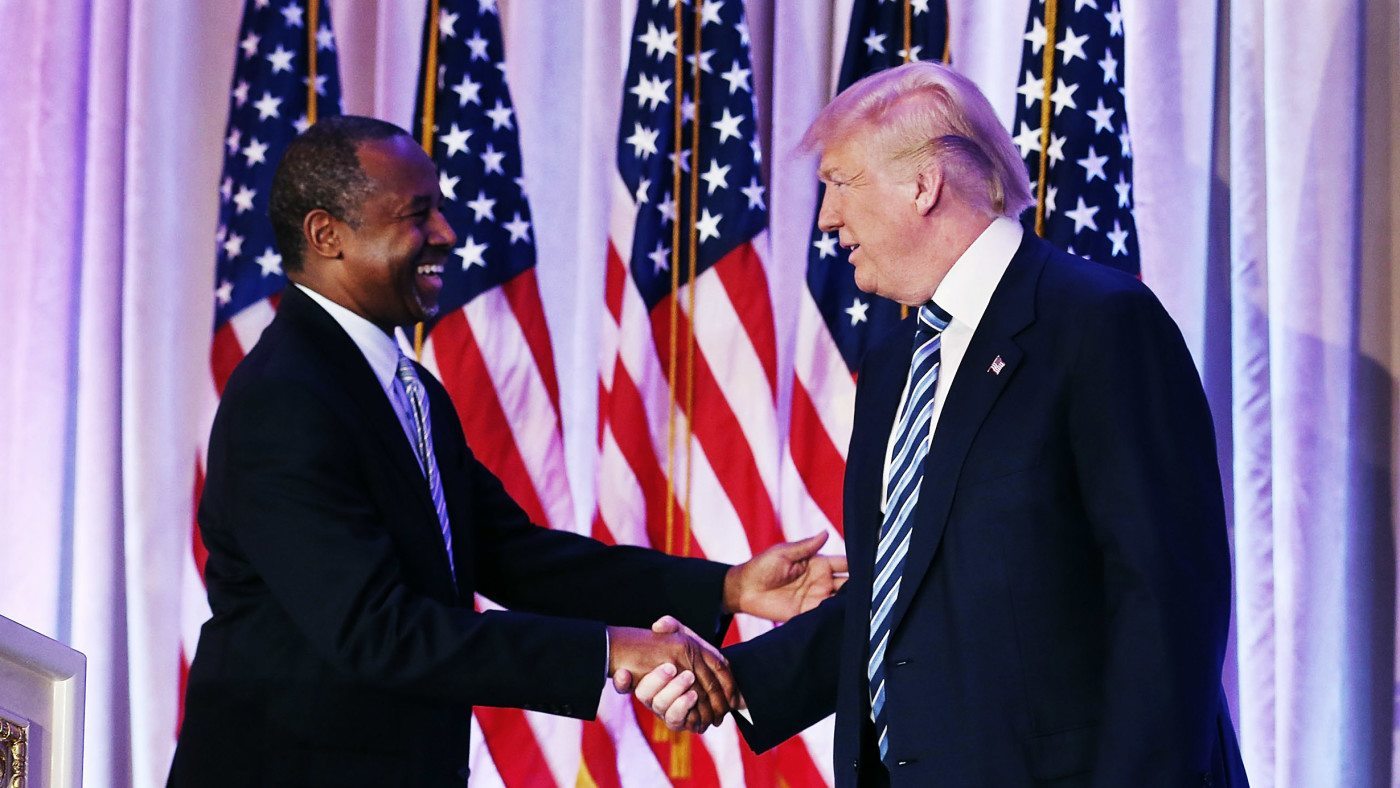In politics, conventional wisdom has a shelf life as fragile as that embodied in the axiom that no battle plan survives first contact with the enemy. In the context of the Donald Trump phenomenon, however, the process has become accelerated so that Sunday’s conventional wisdom looks like egg-on-face dumb stupidity by Friday.
The experience of the Stop Trump campaign, a coalition that embraces professional politicians on both sides of the aisle in Congress and the overwhelming majority of the mainstream media, has been an unending tactical withdrawal from one Maginot Line after another, culminating in the current rout in which the demoralised forces of the GOP establishment are straggling towards the game-changing Ardennes Offensive of a “brokered convention”.
Among the despairing Entitled Ones, the Myth of the Brokered Convention is a powerful juju, sustaining hope of a last-minute reprieve from their worst nightmare: that They the People might hijack the disciplined democracy the establishment has fashioned for itself. As recently as 20 March the Washington Times ran an article headlined: “History suggests brokered convention will doom Donald Trump.” Its comforting thesis was: “The front-runner heading into a contested Republican convention has never won the White House and most of the time does not even secure the party’s nomination.”
So, that is all right then. Except that just five days later NBC produced one of the few genuine scoops of this presidential campaign when it revealed the true attitude of the Trump camp towards a brokered convention and the preparations it has in place, firstly to obviate that eventuality and secondly to carry a majority of delegates if it does occur. Within hours this startling new prospect had been picked up across the media, from Fox News to Vanity Fair, which described it as “Donald Trump’s Dark Plan to Win a Brokered Convention.”
The newly acknowledged reality can be divided into three phases. Phase I is the scenario whereby Trump arrives at the convention in Cleveland with the 1,237 delegates he needs to secure his coronation on the first ballot. At present he is 497 delegates short, with 944 still available. At The Donald’s present rate of progress it would take considerable chutzpah to assert he will not secure them.
If he does not, Phase II kicks in. This is the 40-day gap between the last primary and the convention, when his camp will try to win over what is likely to be a small number of delegates to make the winning quota, from what is currently a pool of 323 former Rubio and Carson delegates as well as those from states that do not commit their representatives, such as Colorado. Ted Cruz stole a march on Trump in courting 10 ex-Rubio and non-aligned delegates in Louisiana and gaining five of that state’s six slots on the rules committees that will govern the Cleveland convention. Trump’s people are filing a complaint and are likely to compete more sophisticatedly in such situations from now on.
Phase III, if the 1,237 total still eludes Trump, is to retain his existing delegates post-first ballot and make up the numbers with robust negotiation in the arena of pork-barrel politics. The notion that the establishment would automatically enjoy an advantage here no longer looks as persuasive as it did. As Vanity Fair pointed out, Donald Trump is the author of the best-selling book The Art of the Deal.
As NBC revealed, Trump who presents himself as an outsider, railing against the “unfairness” of a brokered convention, is geared up to win one. He didn’t just get an endorsement from Ben Carson, he has inherited former Carson team members such as Barry Bennett, Jason Osborne, a veteran of floor-fighting at past conventions, and Ed Brookover, former Republican National Committee political director, now collaborating with Trump’s own formidable campaign managers.
The notion of these experienced GOP strategists going onto the convention floor as unworldly outsiders is reminiscent of Staff Sergeant Ernie Bilko cultivating a mark (“Tell me, how does one play this game – poker, I think you called it?”). Of course, the drawback is that, if he wins the nomination, Donald Trump will then be trounced by Hillary Clinton. That is the conventional wisdom – and we know how infallible that is.


